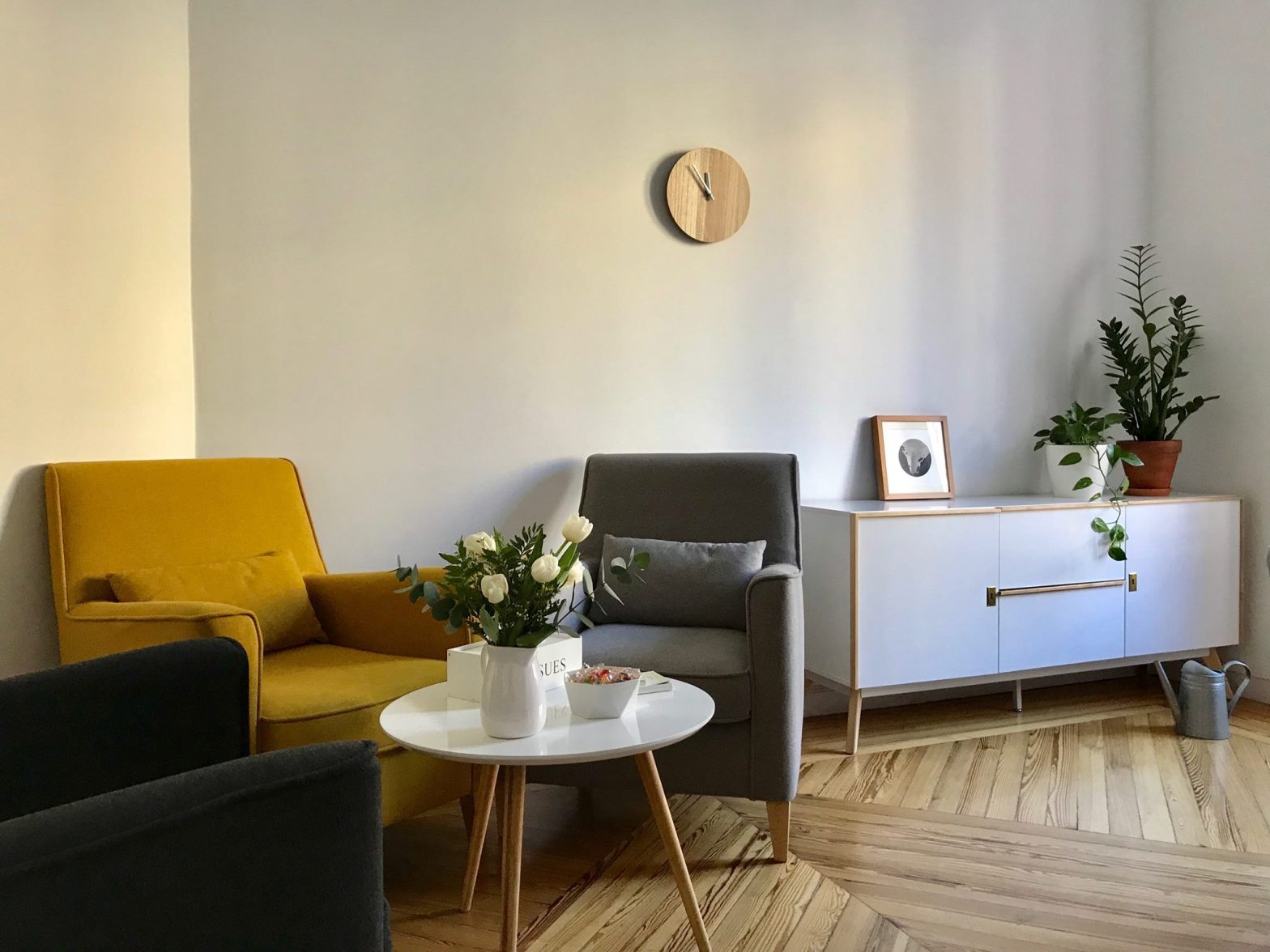On many occasions, adapting to a new culture can become more complicated than we think. Before embarking on an adventure, it can be difficult to evaluate objectively the risks and difficulties that we may find. In moments like that, excitement and illusion flood us, and we tend to idealize what is about to come.
If you are young and that adventure is a trip that offers you the possibility of living in another country, away from home, surrounded by new people, it´s even more exciting. It’s easy to think that it is going to be the best year of our life!
Moreover, indeed it may be, but for sure we will have to deal with many challenges to overcome, the first of them being adapting to all the different values, customs, and traditions you will find in this new culture.
However, let’s start at the beginning. What is cultural adaptation and how does it work?
The process of cultural adaptation is the process in which every person who comes in contact with another culture passes until he or she manages to accept and adapt to the differences between his/her own culture and the new one. This process has typically 4 phases.
Let´s describe each stage:
-The honeymoon phase: During this moment, everything seems WONDERFUL because we are focusing on the most superficial aspects of the new culture.
We´ve just arrived, the city seems fantastic, we begin to meet many new friends, there are events and parties to go to all the time, the food looks delicious to us… It´s effortless to think that «Living here for a while is going to be very easy.»
– Cultural shock: In this phase, everything starts to get complicated. It´s at this stage where we usually begin to be aware of the differences between our own culture and the one we are living in. Things are not so fun or exciting anymore, and we can feel annoyed by little things that were not so important before.
We may feel upset and irritated by little daily things today, and we can start having thoughts of the type «I don´t want to meet new people, people speak very fast, and I don´t understand the language», «There is too much noise, people shout a lot here «,» I´m tired of people invading my personal space every time they greet me «,» I don´t understand their schedules, they go to bed, have lunch and dinner really late» etc.
In this phase, we can start feeling homesick, sad, anxious, irascible; we can sleep, drink or eat too much, isolate ourselves, feel hostility towards locals… Don´t worry, experiencing all of this is normal; we are beginning to appreciate deeper cultural differences and adapting to all these new things may not be easy.
The reality is that during the honeymoon phase things were not so great, and now things are not so negative. At this moment we see both cultures in an unrealistic way, and we tend to think that one is superior to the other. We have gone from one extreme to the other. Realizing this may not be easy, and occasionally we may need a little bit of help to overcome this stage.
-Cultural Adjustment: This phase is the transition between culture shock and cultural adaptation. When we overcome the cultural shock, and we increase contact with locals, there is also an increase in our confidence and a greater understanding of new cultural norms and customs.
–Cultural adaptation: We have reached the goal. We realize that there is not one culture better than another, they are just different, and we can understand the influence of culture on people’s lives. It is at this moment when we begin to integrate some values and customs of the new culture in our day to day.
At this point, we have completed the acculturation process and as we have seen, adapting to a culture is not as simple as we think. It is true that not everyone has to experience what we call culture shock, or go through the Honeymoon phase, but the reality is that in a greater or lesser extent most people go through these phases when they start exploring and living in another culture. So now that we know that this can happen, in what stage would you say you are in?
Author: Saray Cáliz, psychologist at SINEWS MTI







